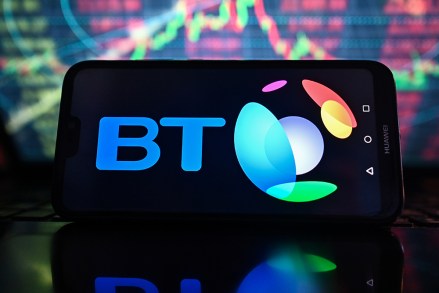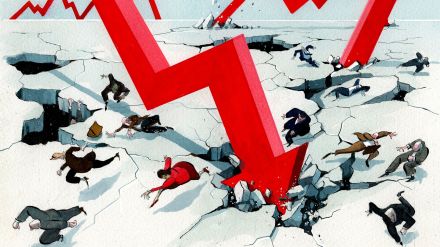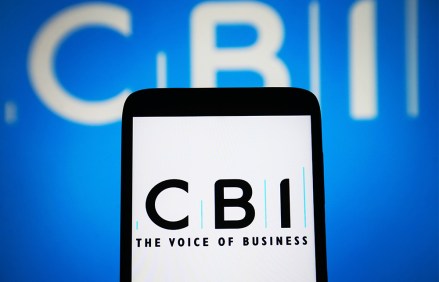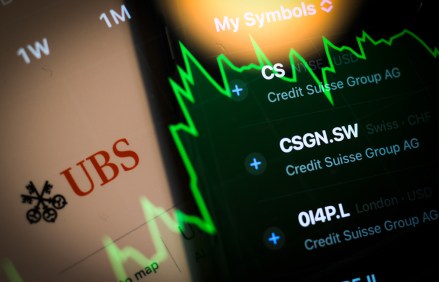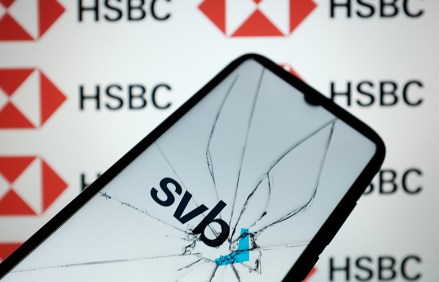Would a German takeover of BT be so bad?
To the Mansion House, on an unbearably humid evening, for the Lord Mayor’s annual ‘Financial and Professional Services’ dinner. It’s a big night for the City, with the formal unveiling of reforms designed to channel pension money into unlisted equities, creating by 2030 a £50 billion pool of capital for high-growth UK companies that might
